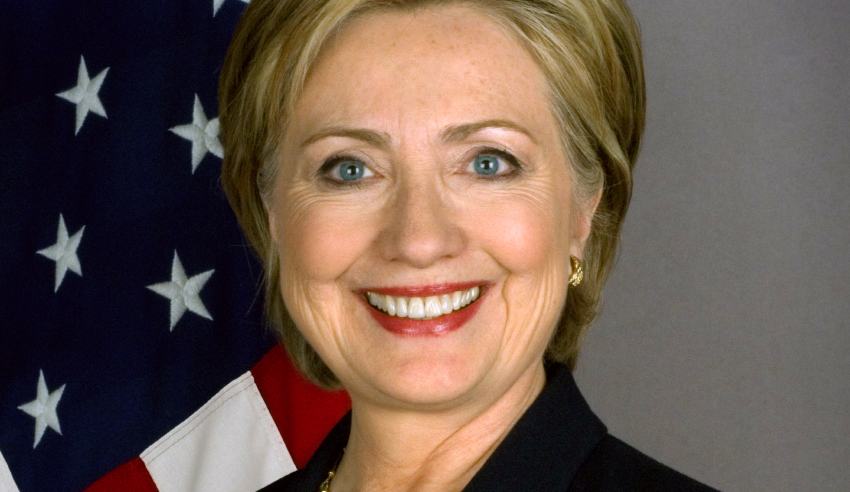On her Australian tour, former lawyer and US presidential candidate Hillary Rodham Clinton argued for more women to enter the political arena in order to better fight ingrained sexist structures.

“The only way we will get sexism out of politics is if we get more women into politics.”
She spoke at length about her early professional life, in which she was a staff attorney for the Children’s Defence Fund and a member – ironically, she joked – of the impeachment inquiry staff advising the House Committee on the Judiciary during the Nixon White House Watergate scandal, before following Bill Clinton to Arkansas for his burgeoning political career.
But the majority of the evening, including her Q&A with former prime minister Julia Gillard, focused on the myriad obstacles facing women seeking advancement in professional life, especially politics.
Research is pretty clear, Ms Clinton said, in showing that likeability and success go hand-in-hand for men, and the more successful a man becomes, the more people like him.
With women, it is the opposite, she argued.
“The more professionally successful we are, the less people like us. Not only that, but women are seen favourably when we advocate for others, but unfavourably when we advocate for ourselves,” she said.
“And that struck a chord with me, because historically, people always say they like me when I am in a supportive role … but the minute that I, or any woman stands up and says, ‘Now I’d like a chance to lead’, the approval starts to change.”
Those women who do stand up and put themselves forward, regardless of the above conundrum, find themselves in the throws of another dilemma, she noted: to show emotion and let it all in, or switch it off and risk appearing robotic.
When asked by Ms Gillard asked about her response to the persistent rape and death threats she had received, particularly during the 2015-16 Democratic primary race against Senator Bernie Sanders, she said it was important for her to be able to tune it out as otherwise it would be too overwhelming.
But it isn’t just the obvious instances of rampant sexism and misogyny that women have to worry about, Ms Clinton said – there are also unexpected interactions, such as now-president Donald Trump’s infamous stalking of her around the stage during the second presidential debate in 2016, which make women feel uncomfortable and leave them without obvious solutions with which to respond.
“It was very clear that Trump was stalking me, looming over me, trying to intimidate me. It was very deliberate. He was sending a message to the people watching, ‘This is what a president looks like. We’ve never had a president who looks like that’,” she said.
“To all the people who still had trouble envisioning a female president, that was a powerful message … I knew what he was doing, and I thought it would be coming across, particularly to women, as off-putting, but I was debating in my head what do I do.
“In the end, I didn’t [turn around and say, ‘You’re not going to intimidate me, back up you creep’] because I thought no matter what I say or how I phrase it, it could very well look like I was angry as opposed to being in control, or I might come off as defensive, like I couldn’t take it.”
The balance between how much emotion to show and how much to hold in remains a nearly constant calculation for women across the board in high-profile positions, she argued.
Nevertheless, Ms Clinton is persisting, saying women must compete for what they believe in and get into the arena.
“Just by being at the table you are bringing a perspective that might otherwise go overlooked and you have to fight for that perspective,” she advised.
“You have to speak out about it and you have to be willing to maybe become a little less popular because you do so.”
Ms Gillard concluded by asking Ms Clinton if, looking ahead, she would be giving up or going on.
Without blinking, she responded: “Going on.”
In doing so, Ms Clinton will continue to speak out because, she noted, issues affecting women go far beyond what she faced both over the course of her career and in the 2016 election campaign.
“I worry about what’s happening to our politics and our democracy, and I am going to keep talking about how I see it,” she concluded.

Jerome Doraisamy is the managing editor of professional services (including Lawyers Weekly, HR Leader, Accountants Daily, and Accounting Times). He is also the author of The Wellness Doctrines book series, an admitted solicitor in New South Wales, and a board director of the Minds Count Foundation.
You can email Jerome at: